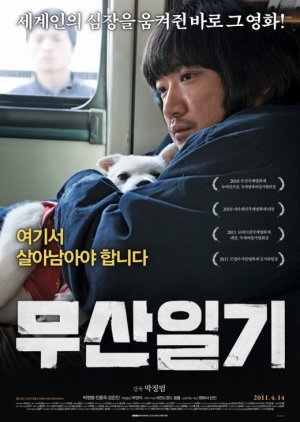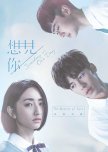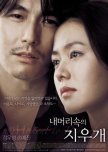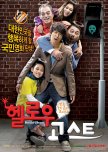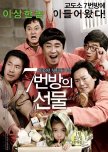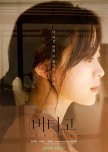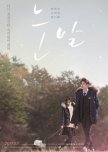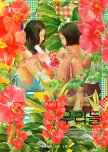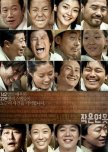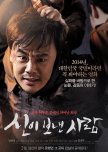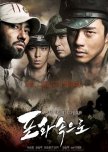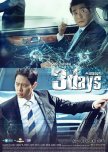
For Seung-Chul, a hardworking, quiet, unassuming, church-going man, it is a world away from the derelict backwater that is his hometown of Musan in the communist North. He longs for a life of small pleasures and dignity, but faces a reality harsher than he could ever imagine.
Working for pittance amid rampant discrimination and heartless bastardry, his life reflects the dismal hopelessness faced by many immigrants and escapees from the North. Nevertheless, Seung-Chul makes a brave effort to rise above his circumstances and not lose hope. But when an entire system seem to conspire against him, he finds himself in bind after bind with no reprieve in sight. And just like the stray dog he adopts for comfort and company, he’s a man without roots, displaced among people of his own kind.
An impressive debut by director Park Jung-bum who also wrote, produced and starred in the film. A filmmaker after my own heart, the movie was made in the true spirit of independent filmmaking: on a shoestring budget with borrowed equipment and a mostly amateur cast.
While picture quality & Park’s shaky camera movements bear the mark of budgetary limitations, this is without a doubt a sturdy first effort. The Journals of Musan captures well a dark, unforgiving side of South Korean society, and will pull at your heartstrings from start to finish.
Park, as the tragic misfit that is Seung Chul, is exquisite. At first his performance came across a bit wooden and stiff, but by the end of the film I adjusted my perception. What came across as stiff was a true depiction of Seung Chul’s instinct for self-preservation in a world that would have broken him if he didn’t always have his guard up.
I really liked this movie. It’s a deep human story, based on true events. The real Seung Chul, a close friend of Park, didn’t live long enough to see his legacy materialize on screen. He died young -- from cancer -- in 2006. Really sad business.
Park has a decent future ahead of him. I’ll be looking out for his next film.
Was this review helpful to you?

